Canadian Music Week Changes Name to Departure
Under new ownership, the long-running festival is expanding to also include comedy, tech and art. Reactions to the announcement have been cautiously optimistic, with a hope that the expanded ambition will keep focus on Canadian artists.

From left to right: Jackie Dean, Chief Operating Officer of Loft Entertainment; Tom Pistore President of OVG Canada; Kevin Barton, Executive Producer, Loft Entertainment and Randy Lennox, co-founder and CEO of Loft Entertainment
Canadian Music Week is undergoing a major identity shift.
For the first time since 1982, the music festival and conference will have a new name: Departure. The newly-christened Departure Festival + Conference will take place from May 6-11, 2025.
Loft Entertainment and Oak View Group (OVG) bought the festival from retiring owner Neill Dixon this year. They announced the changes in a cocktail reception on Tuesday (Nov. 12) at the festival’s new Toronto headquarters, Hotel X.
“Departure honours where we’ve come from and celebrates where we are going,” said Kevin Barton, Executive Producer at Loft Entertainment. “We’re creating a launchpad that opens doors to deeper, more inclusive conversations and showcases the richness of Toronto’s cultural scene, celebrates Canadian creatives, and welcomes global artists.”
In speeches and a fireside chat, Barton along with Loft co-founder Randy Lennox and Chief Operating Officer Jackie Dean joined OVG Canada President Tom Pistore to share the new vision for the festival.
Lennox and Barton pointed to the ambition of the event, which will expand to include comedy, tech and food in year one – plus film, fashion and other subjects in the near future. They will take big swings, which might mean they may have misses along the way, they acknowledged.
Next year’s festival will include a songwriter showcase, comedy performances, food trucks, and a new app and digital infrastructure.
The goal with Departure is to expand and modernize, they said, while honouring the history of Canadian Music Week. Next year, they will honour CMW’s former leader Neill Dixon with a lifetime achievement award.
Comedian Russell Peters opened with his own less rehearsed speech, and shared his hopes for the festival. He’s both a comedian and a DJ, but says he and his friends had avoided CMW in the past “because it was soup – full of crackers.” He joked that the festival’s idea of diversification was Kardinal Offishall and that’s it.
Barton stressed an inclusivity mandate, and said they have been meeting with different equity seeking communities in the Canadian arts industry. Over 160 languages are spoken in Toronto, and the goal is to represent that multiculturalism.
Pistore said Departure is part of the Denver-based Oak View Group’s expanded footprint in Canada, which includes new hires and a $280 million project to transform an arena in Hamilton, Ontario. There is an ambition to be bigger, “but rooted in a Canadian foundation.”
The response on social media and at the industry event was mixed. Some were optimistic for the long-running conference to change and evolve and provide a bigger platform for Canadian artists. Others hoped that the new ownership, including the American Oak View Group, and removal of “Canadian” from the name, will not sacrifice the Canadian identity or the focus on the homegrown industry.
Karan Chahal is a music and business lawyer and agent at LSC Law. A former musician and engineer himself, he now works with independent artists, especially in Punjabi music, including producer Deep Jandu.
Chahal has been attending CMW for years, and credits it as one of the most important conferences in Canada. He especially appreciated last year’s edition, which included a spotlight on India's music industry and Punjabi music in Canada, he says.
“It’s an amazing platform, because everyone there is there for the same reason: music,” he says. “The music industry in Canada is still growing, and artists need support. There’s so much incredible talent here, and CMW is a spot where the artists, the labels, the agents can gain those relationships in the industry.”
Chahal’s hope is that Departure’s expanded focus into other areas will not dilute the support for music, specifically.
“I think we need more eyes on it, we need to grow it. More strategic individuals getting involved is only going to help,” he says. “I just hope we aren’t going to lose what it initially stood for, and will uphold the duty to support the culture.”
Rudy Blair is an independent music journalist and interviewer who has been covering Canadian Music Week for nearly 30 years. Over the past few years, he’s also worked for the festival under Dixon as a conference host.
Blair says the new name will take some getting used to, but he thinks the growth can only be a good thing.
“We always have to move forward, and as long as it shows respect for what came in the past, change is a good thing,” he says. “Moving forward, looking at things differently, presenting things differently, that always needs to happen. Departure is part of that evolution.
"The mandate from day 1, 42 years ago, to 2025 is the same," he continues. "It is all about fans, artists, educating people, and making sure the rest of the world knows that Canada has some of the best talent in the world. As much as they’re looking at other things, I hope they keep the dream Neill (Dixon) had, which is promoting Canadian talent.”



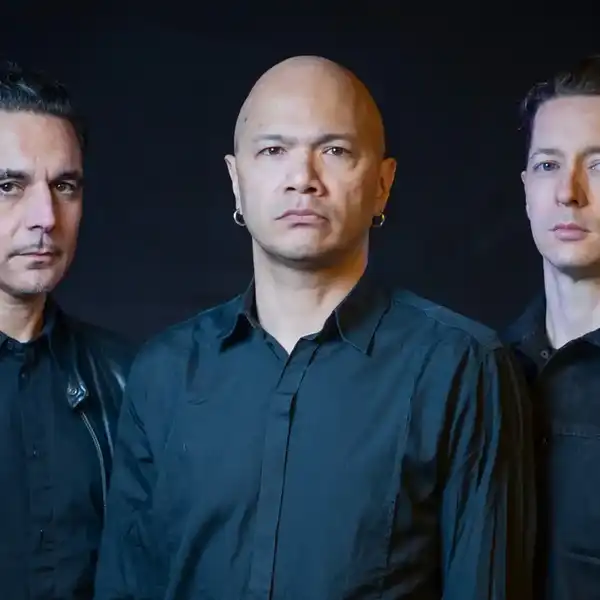














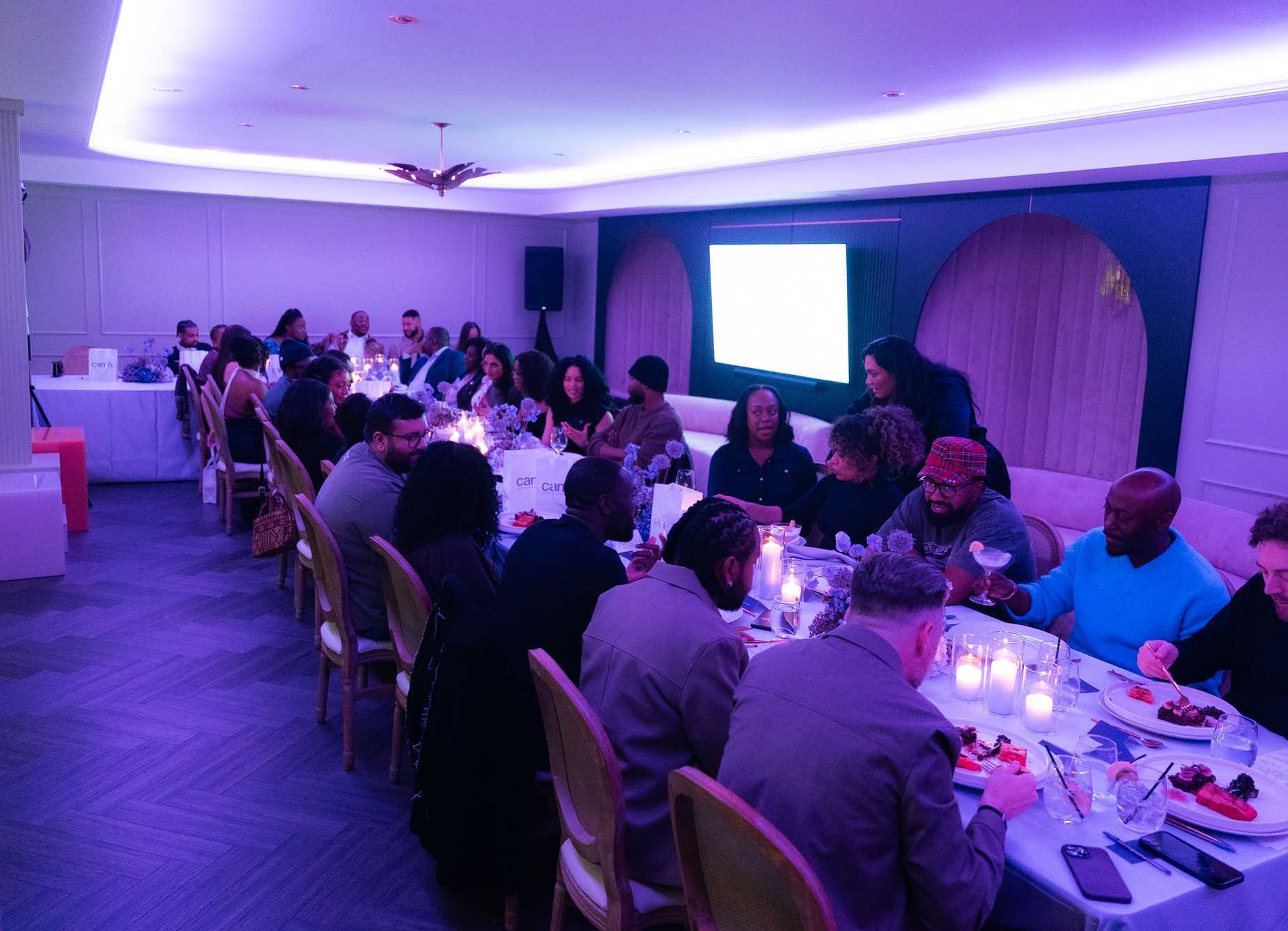 Guess Who's Coming to Dinner in Toronto on Feb. 26, 2026.Malique Stone
Guess Who's Coming to Dinner in Toronto on Feb. 26, 2026.Malique Stone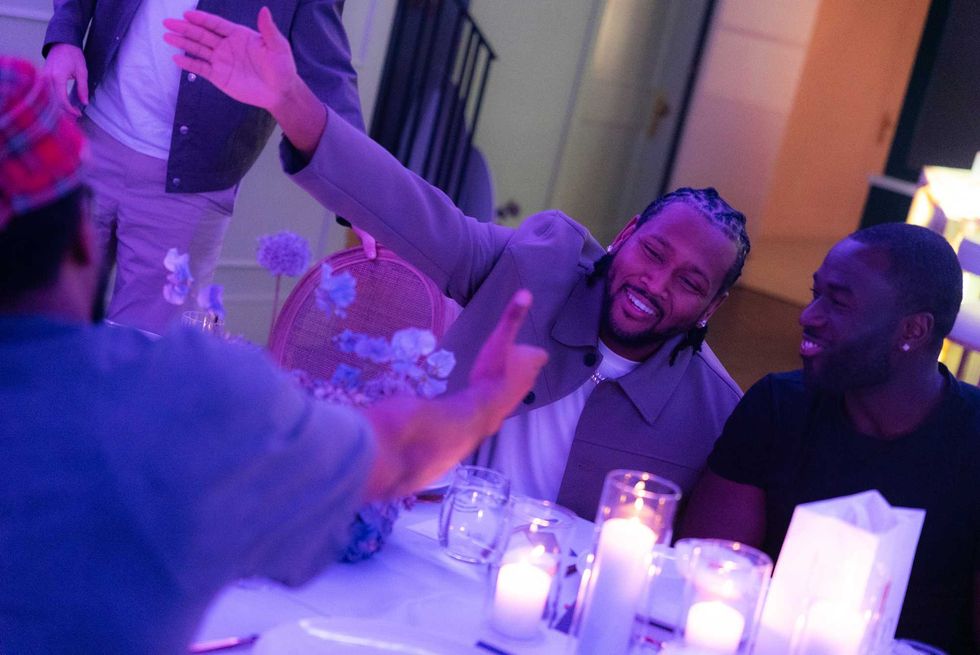 Boi-1da, Spencer Badu, Hassan PhillsMalique Stone
Boi-1da, Spencer Badu, Hassan PhillsMalique Stone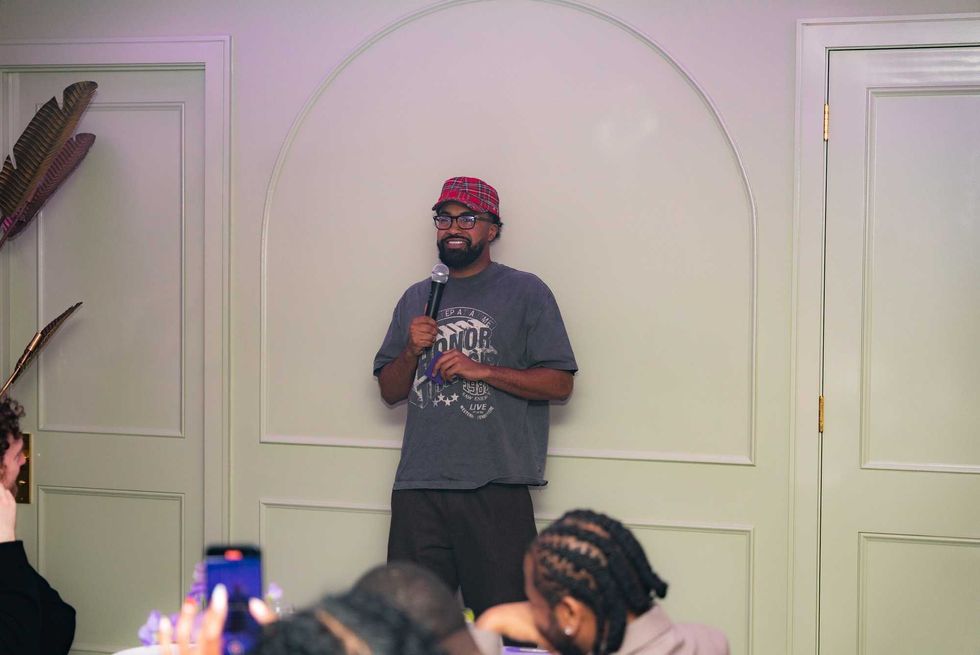 Hassan PhillsMalique Stone
Hassan PhillsMalique Stone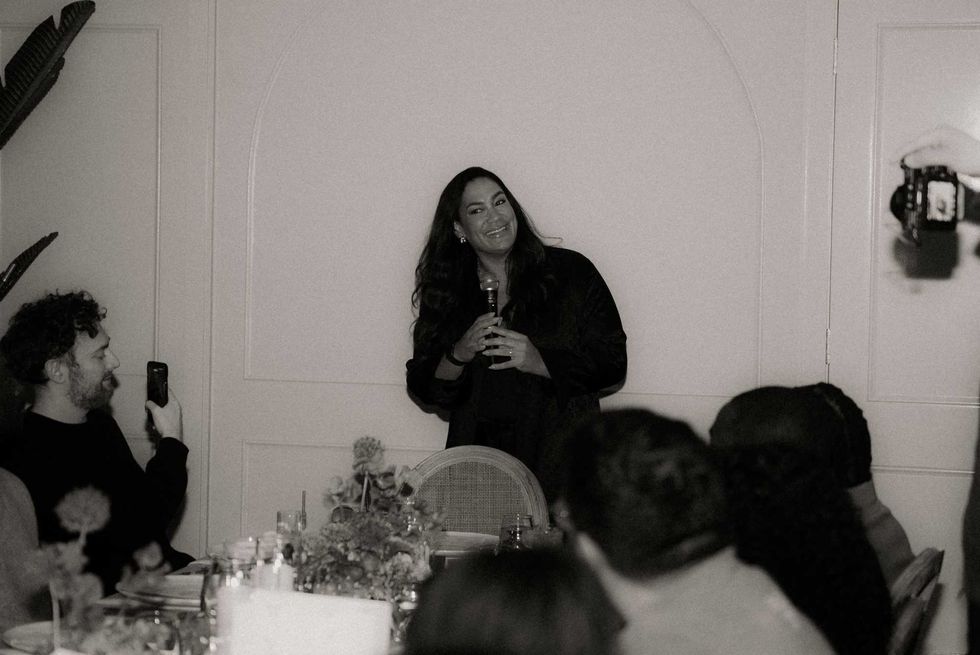 Catriona "Coco" SmartMalique Stone
Catriona "Coco" SmartMalique Stone